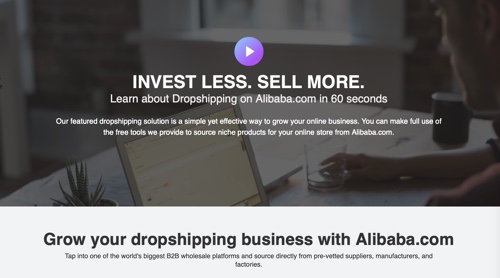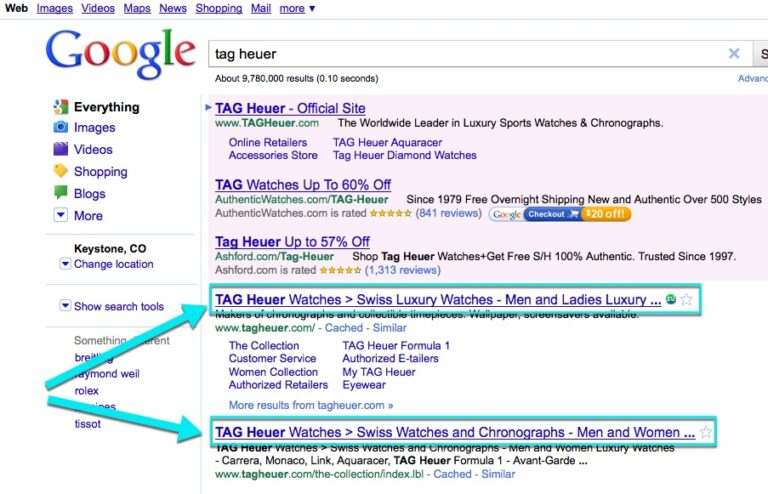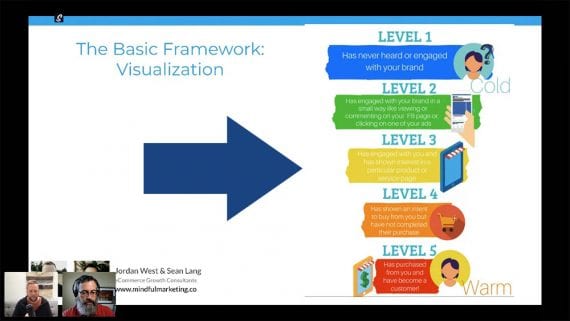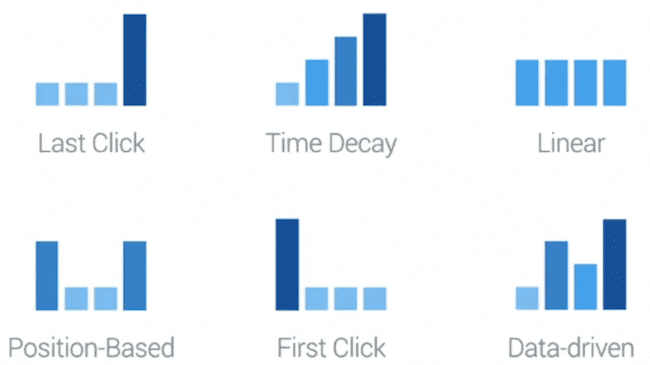I bet you get this answer a lot, but there really isn’t a ‘typical’ day for me! There are some things I tend to do pretty regularly — talk with the Wunderkind senior leadership team, get updates from finance and sales, assess global marketing performance, set down the foundations for expansion and growth — but every day brings new challenges and opportunities. Retail’s a dynamic and fluid industry, and you really can’t stay on top of it unless you’re willing to embrace new approaches, try to do things differently, and accept that what seemed like the best solution yesterday won’t necessarily be the optimal one tomorrow.
A big trend to keep an eye on is, of course, the imminent death of third-party cookies. I really can’t overstate how much this will impact retailers that either aren’t fully prepared, or simply haven’t taken it seriously yet. The demise of cookies will fundamentally alter how retailers reach and target consumers online – it’s as simple as that.
Tell us about your role at Wunderkind – what does a typical day look like for you?
In terms of what’s next for Wunderkind… I’m going to keep a few cards close to my chest — who doesn’t love a man of mystery? — but I can confirm we’re growing (quickly). We successfully launched our Netherlands HQ earlier this year, and we’re going to be expanding into Australia soon. We’re also on the cusp of launching our ads product in the UK, which is something I’m massively excited about.
2022: The shift to first-party data
What are some of the biggest lessons you learned from your previous role at Cheetah Digital (particularly during the acquisition stage)?
Richard Jones is the CRO of performance marketing engine Wunderkind. I recently spoke with Richard about his experiences as a two-time CEO, how brands can provide genuine value to the customer in exchange for their data, and the digital marketing trends that retailers need to keep an eye on in the near future.
Lately, I’ve also spent a lot of time talking on podcasts and speaking to retail and tech publications. I want to get the Wunderkind message out there and give my view on how the retail sector is changing (mostly for the better). I don’t do this every day, so it’s not technically ‘typical’, but it’s an increasingly important part of my role, and it’s something I love doing.
- Build a team that’s smarter than you: I don’t mean this in any self-deprecating way, but I think it’d be pretty arrogant of me to assume I’m the best person to carry out every role! You need to surround yourself with people that love what they do, are experts in their specific area, and can teach you exciting things every day.
- Don’t be afraid to kill your darlings: You often hear authors say this, but it’s applicable in every business. Sometimes you’ll have to accept that one idea is better than another. Regardless of how in love with a concept you are, there’s a chance you’ll have to come to terms with the fact that it just isn’t going to work in the way you hoped it would, and that’s fine!
- Challenges are inevitable: Challenges and problems are never going to go away. As a business grows and, inevitably, changes, there will always be something new to tackle, so just accept that it’s the nature of the beast. It’s how you deal with challenges that’s the important thing.
- It’s ok to change your mind: Sticking rigidly to an opinion or idea, even in the face of contradictory evidence, really isn’t a good look. It’s great to be passionate, and I encourage people to stand up for their ideas, but it’s often necessary to take a step back and reassess. Changing your mind isn’t a sign of weakness – it’s the beginning of progress.
What are some of the key elements of a successful data/personalisation strategy? Conversely, where do you think brands typically go wrong?
The first step — and it’s a crucial one — is gathering first-party data. That requires brands to offer up a value exchange that consumers can get onboard with, and it means having a firm idea of exactly how to use that data to the greatest effect. After that, there are tons of things brands can do, from better understanding consumer behaviour to recognising their buying habits, keeping on top of how and when they like to be communicated with to making them feel (constantly) valued. Put yourself in the mind of the consumer and appreciate what they do and don’t want.
There are a couple of brands that really stand out. One is Patagonia, a genuine pioneer in the world of sustainable, innovative outdoor clothing. It’s a brand that’s big on recycling — around 70 percent of all Patagonia materials are now derived from recycled materials — and it’s dedicated to educating people on the importance of tackling environmental issues. Its famous ‘Don’t buy this jacket’ campaign, which encouraged shoppers to consider the impacts of mass consumerism and to only buy products that last, sticks out as a really powerful and vital piece of marketing.
On a slightly different (but tangentially related) note, I think text message marketing is going to really blossom in the next year or so, especially in the U.K. and the rest of Europe. Research has found time and again that consumers want it, that it works, and that text messages have way higher open rates than email. Mark my words – text marketing is going to explode.
What are some of your favourite brands (or brand marketing campaigns) and why? Who are you loyal to?
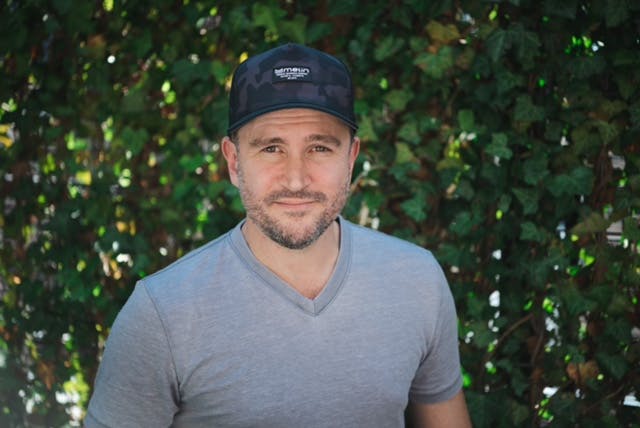
Brands can go wrong in all sorts of ways when it comes to personalisation, but I guess the biggest one is taking consumers for granted and getting a bit lazy. Convincing someone to hand over their data shouldn’t be seen as the end goal – it should be viewed as the very beginning of the personalisation process. Retailers have to keep refining their approach and they need to keep looking for fresh, innovative ways to provide value to the customer.
What digital trends or innovations do you predict will come to the forefront within your industry in the next 18 months? And what’s next for Wunderkind?
I’ve learned countless lessons during my career. It’s actually one of my favourite things; I love finding a new way of approaching a problem or hearing a unique point of view on a topic. I wouldn’t go as far as to say I like being wrong — who would? — but I never want to sit still. I want to keep evolving my thought processes and embracing new, better ways of working.
The other is G-Star RAW. Not only do I love the way the clothes fit, but the brand worked really hard to develop a direct, mutually beneficial relationship with me from my very first visit to its site, and has continued to enhance that one-on-one experience ever since. G-Star knows how to deliver powerful, personalised messaging based on my browsing and shopping behaviours, and uses that knowledge to give me an enhanced and entirely beneficial experience. It’s why my wardrobe has a dedicated G-Star section! When I first encountered G-Star I didn’t know its personalisation and identification capabilities were powered by Wunderkind, but now I do, and so I can attest to the fact that it really works.
A few of the core lessons would be:
Convincing someone to hand over their data shouldn’t be seen as the end goal – it should be viewed as the very beginning of the personalisation process.”
From my perspective, the core solution to this is gathering and harnessing first-party data. Retailers need to be owning their audiences and giving customers personalised, beneficial content and recommendations that will, ultimately, keep them loyal. Doing that without first-party data is essentially impossible. Brands need to focus on building their marketable database and figuring out how to establish meaningful, genuine one-to-one relationships with customers. For retailers to thrive, they need to understand consumer behaviour, recognise what they do and don’t want in terms of brand comms, and then go out of their way to provide value.

